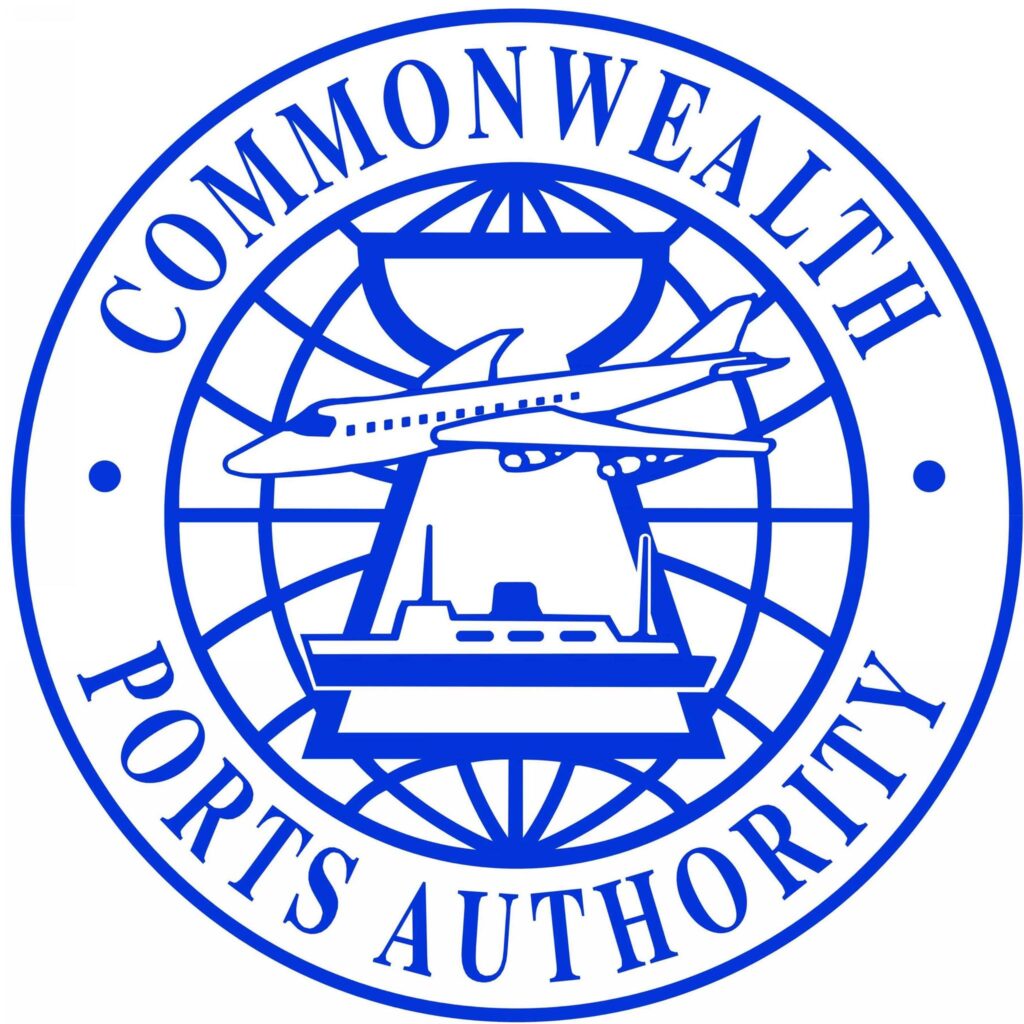
HOUSE Bill 24-17 would help the Commonwealth Ports Authority comply with federal guidelines in running the ports, according to CPA Board Chairman Ramon A. Tebuteb.
On Tuesday, June 10, at 10 a.m., the Senate and House conference conferees, co-chaired by Senate Floor Leader Donald Manglona and Rep. John Paul Sablan, will convene in the House chamber to address H.B. 24-17.
The bill aims to provide CPA “greater autonomy in managing its finances.” It proposes to suspend, for five years, the provision of Public Law 2-48 restricting the use of funds between seaports and airports.
Authored by Speaker Edmund S. Villagomez, H.B. 24-17 passed the House of Representatives on March 25, 2025. The Senate amended the bill before passing it on May 9, 2025, but the House, on May 15, 2025, rejected the Senate’s version.
A bicameral conference committee was then formed to draft a version of the bill that is acceptable to both chambers.
In an interview on Friday, Tebuteb said he was very happy with the process that the Legislature was taking on the bill, which, he added, would help CPA address its financial challenges. That’s the bottom line, he said.
Tebuteb said CPA is “very focused” on the fundamental elements of running the ports — safety, security and efficiency.
He noted that the ports are the gateways for economic development and are crucial to the island community.
He said H.B. 24-17 would help ensure that CPA runs the airports and seaports in compliance with all the conditions set forth by its federal partners.
Tebuteb said the bill would also give CPA some degree of flexibility in using its funds. At the end of the day, he added, the problem has always been cash flow, just like what the central government is facing.
According to P.L. 2-48, which established CPA, “All income, revenue, or funds of whatever nature arising out of or derived from activities in connection with or from the use of the airports under the control of the authority shall be specifically designated for and restricted to use for airport-related activities and shall not be expended for seaport-related activities; likewise, all income, revenue, or funds of whatever nature arising out of or derived from activities in connection with or from the use of seaports under the control of the authority shall be specifically designated for and restricted to use for seaport-related activities and shall not be expended for airport-related activities.”
H.B. 24-17 would allow seaports to use the revenues derived from airport activities and airports to use the income of seaports.
Tebuteb said in terms of consistency, seaports generate steadier revenue than airports, which rely on the number of flights. However, he noted that airports also earn non-aviation revenue from sources such as parking fees and other services.











